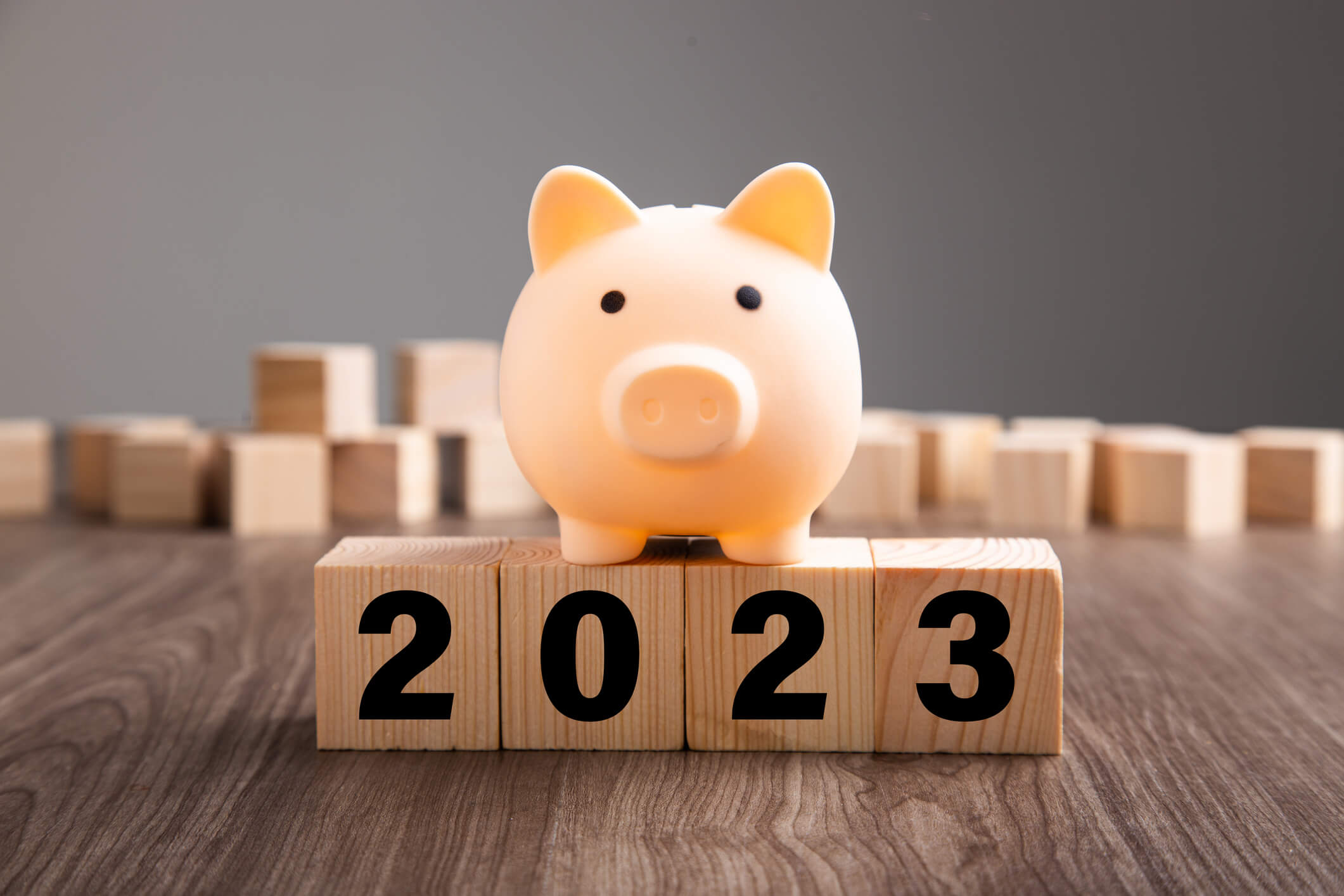
With growing energy bills, rising taxes, and a possible recession impending, it’s starting to feel like we’re living through a contemporary revival of the plagues of Egypt.
But rather than praying for salvation from the cost of living crisis, the best thing you can do is to take action as soon as possible to limit its worst effects. And there are plenty of costs to be cut for savvy consumers – you just need to know where to look.
From insurance to insulation, switching off appliances to switching providers, here are the five best ways to save money in 2023.
Find the best insurance for your needs
Your 2023 might be shaping up nicely, but there’s no guarantee you won’t be blindsided by some terrible bolt from the blue. It could be as simple as a broken phone or as disastrous as a flooded home, but one thing’s for sure: if you don’t have insurance, the prohibitive costs of compensation, repair or legal fees could make it sting a lot more.
That’s why it pays to shop around for the best insurance, and to make sure you’re comprehensively covered for life’s unexpected mishaps. That doesn’t mean you need to take out every type of insurance available to you – rather protect the things you value the most, understand the financial impact if things go wrong, and take out the most appropriate level of cover.
Open a cash ISA
One of the best ways to save money is to save money. If you’ve never opened one before or you only have another type of Individual Savings Account, 2023 should be the year you open a cash ISA.
A cash ISA allows you to save up to £20,000 tax-free between the beginning and end of each tax year, with interest currently between 3.2% and 4.26% depending on whether you have an easy-access or fixed-rate account.
The great thing about cash ISAs are their flexibility. You can open an account by depositing as little as £1, and with some providers, you’re able to withdraw cash without affecting your personal allowance. You can also transfer cash between different types of ISAs – for example, if you want to generate higher returns in a stocks and shares ISA – and even to a new provider if you find a better deal. With interest rates at record high, there’s never been a better time to open a cash ISA and ring-fence your savings from rising taxes.
Switch providers – for everything
In a competitive market, smart consumers switch providers. From broadband to mobile to energy and banking, if you find a better deal elsewhere, and you’re no longer under contract, there’s nothing to stop you changing to a new provider.
Best of all, thanks to the Openreach telecoms network, the Energy Switch Guarantee, and the Current Account Switch Guarantee, your new provider will arrange the transfer for you with minimal or no interruption to your service, so you don’t have to have any awkward conversations or deal with tricky admin. You may even find that your current provider tries to incentivise you to stay by offering you an even better deal than the one you’ve found. Or, if you’re switching bank accounts, some banks quite literally reward you with free money.
Review your subscriptions
According to Barclaycard payments, in 2020, the average Brit signed up to seven different subscription services, spending an average of £552 per year. The pandemic fuelled a boom in subscriptions, from recipe boxes to entertainment platforms, as we sought convenient ways to manage our lifestyles during lockdown.
However, with many of us now feeling the pinch, 35% of people with a household income have cancelled a digital subscription in the last year. It’s easy to lose track of everything you’re signed up for and always worth reviewing your subscriptions and cancelling anything you’re not making use of. You might be surprised by how many things you’ve signed up for and forgotten about.
Be energy smart
Rocketing energy prices have been one of the main drivers of the cost of living crisis. And despite government support for households and businesses until April 2024 in the form of the Energy Price Guarantee, your consumption will still affect your bill.
With that in mind, anything you can do to cut down your energy usage will help you save money, even simple things like switching off lights and appliances when not in use can have a significant effect over time. If you have a smart meter with an in-home display, you can see exactly when and where you’re using energy and how much it costs, and use this information to better manage your usage. And while the summer months will ease heating costs, now’s the time to improve your home insulation. This doesn’t have to involve expensive renovations. You can buy foam insulation for around £15 to cover exposed hot water pipes, and buy a cheap roll of insulation to fit in your loft, which can result in savings of between £390 and £600 a year.
Other simple changes you can make include washing your clothes at 30°C, using a clothes horse instead of a tumble dryer (which can cost £170 a year), and using a microwave or air fryer, which can be much cheaper to run than ovens. Portable electric heaters and electric blankets for your bed can also be much cheaper than central heating.


